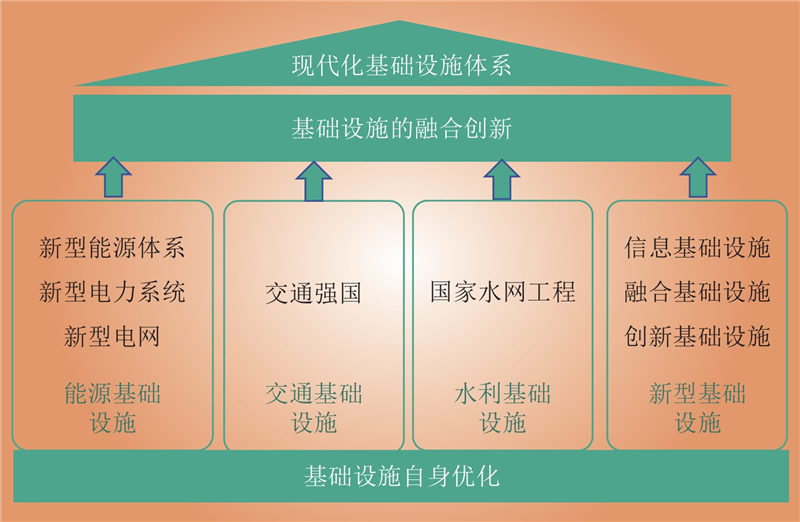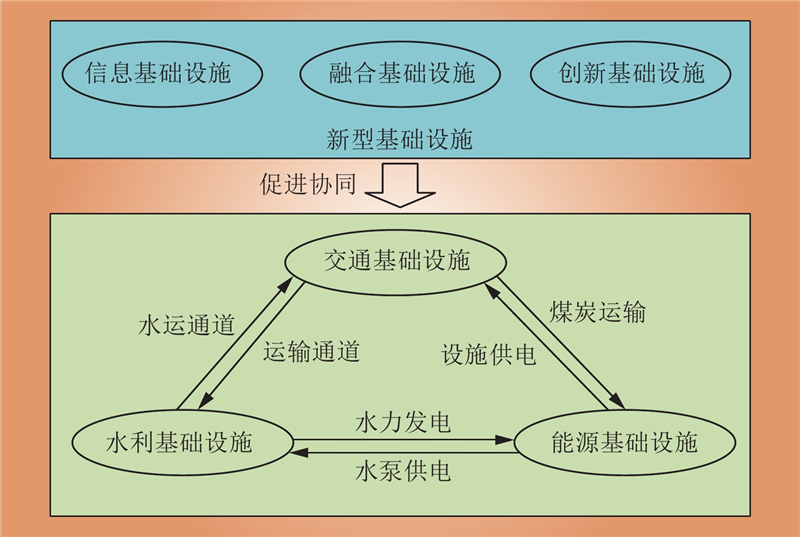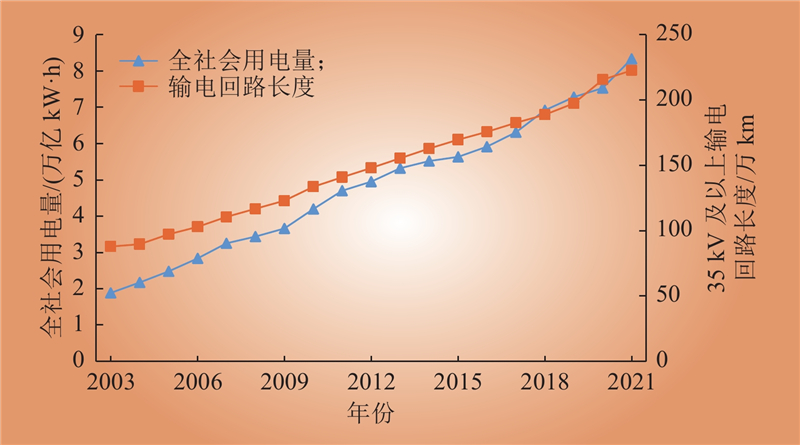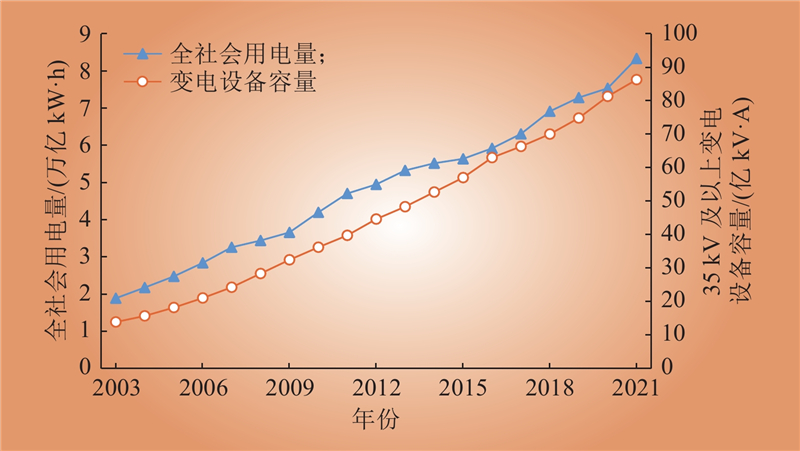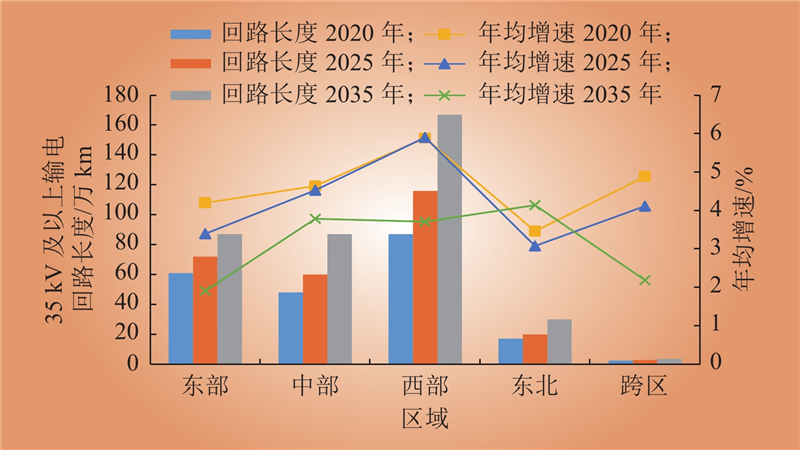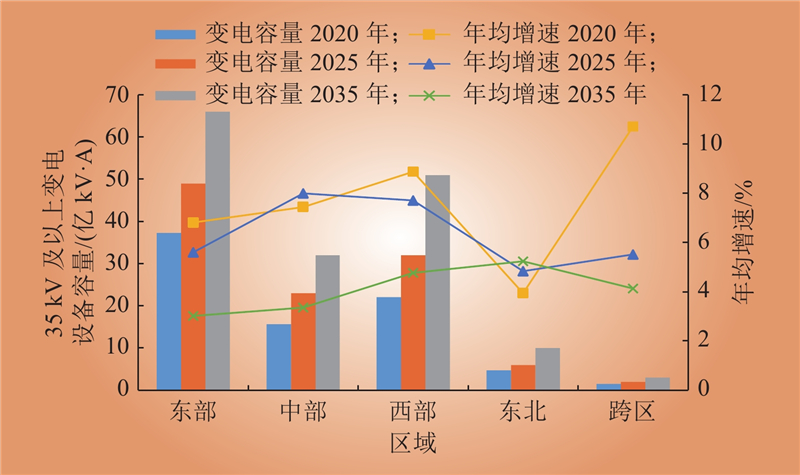| 1 |
中华人民共和国中央人民政府. 中华人民共和国国民经济和社会发展第十四个五年规划和2035年远景目标纲要[EB/OL]. (2021-03)[2023-02-07]. http://www.gov.cn/xinwen/2021-03/13/content_5592681.htm.
|
| 2 |
中华人民共和国国家发展和改革委员会规划司. “十四五”规划《纲要》解读文章之8| 建设现代化基础设施体系[EB/OL]. (2021-12-25)[2023-02-07]. https://www.ndrc.gov.cn/fggz/fzzlgh/202112/t20211225_1309696.html.
|
| 3 |
陈璟, 刘晨, 孙鹏. 新发展阶段交通强国建设理论探讨[J]. 综合运输, 2022, 44 (12): 23- 27.
|
|
CHEN Jing, LIU Chen, SUN Peng. Discussion on theory of the construction of country with strong transportation network in a new development stage[J]. China Transportation Review, 2022, 44 (12): 23- 27.
|
| 4 |
耿彦斌, 刘长俭, 孙相军. 新发展阶段加快建设交通强国的宏观特征与优化路径[J]. 科技导报, 2022, 40 (14): 31- 40.
|
|
GENG Yanbin, LIU Changjian, SUN Xiangjun. Macro characteristics and optimization path of accelerating to build transportation power in China in the new development stage[J]. Science & Technology Review, 2022, 40 (14): 31- 40.
|
| 5 |
秦韶阳, 赵德, 章国梁, 等. 交通强国背景下的城市群综合交通系统评价指标体系构建[J]. 现代交通与冶金材料, 2022, 2 (3): 10- 17.
|
|
QIN Shaoyang, ZHAO De, ZHANG Guoliang, et al. Construction of comprehensive transportation system evaluation index system of urban agglomeration under transportation power[J]. Modern Transportation and Metallurgical Materials, 2022, 2 (3): 10- 17.
|
| 6 |
交通强国建设评价指标体系[J]. 中国水运, 2022(4): 12–15.
|
| 7 |
司晨钟. 交通强国战略视角下交通运输信息化建设运营模式分析[J]. 数字通信世界, 2022, (11): 159- 161.
|
|
SI Chenzhong. Analysis on the operation mode of transportation informatization construction from perspective of transportation power strategy[J]. Digital Communication World, 2022, (11): 159- 161.
|
| 8 |
张峰, 魏天呈. 交通强国愿景下智慧交通投融资最优路径探讨[J]. 公路, 2022, 67 (9): 342- 345.
|
| 9 |
罗玗琪. 交通强国建设背景下城市轨道交通运营服务质量提升方法思考[J]. 华东科技, 2022, (4): 105- 107.
|
| 10 |
常存. 水利基础设施建设中灵活运用REITs模式的思考[J]. 水利发展研究, 2022, 22 (10): 21- 24.
|
|
CHANG Cun. Reflections on the flexible use of REITs model in water infrastructure construction[J]. Water Resources Development Research, 2022, 22 (10): 21- 24.
|
| 11 |
郝飞, 黄力辉. 金融活水推动水利基础设施项目建设提速[N]. 农村金融时报, 2022-09-19(A01).
|
| 12 |
水利部关于推进水利基础设施政府和社会资本合作(PPP)模式发展的指导意见[J]. 中华人民共和国国务院公报, 2022(21): 38–41.
|
|
Guiding opinions of the ministry of water resources on promoting the development of public-private partnership model in water Resources infrastructure[J]. Gazette of the Ministry of Water Resources of the People's Republic of China, 2022(21): 38–41.
|
| 13 |
侯巍巍, 胡向东. 农田水利基础设施建设与管护中多方主体参与机制研究: 基于对云南陆良恨虎坝模式的分析[J]. 价格理论与实践, 2021, (10): 15- 19, 39.
|
|
HOU Weiwei, HU Xiangdong. Research on the mechanism of multi-participation in the construction and management of farmland water conservancy infrastructure: based on the analysis of Yunnan Lulianghen Huba model[J]. Price (Theory & Practice), 2021, (10): 15- 19, 39.
|
| 14 |
华南. 区域水利基础设施建设对产业发展的影响机制研究: 以长江经济带为例[D]. 贵阳: 贵州大学, 2021.
|
|
HUA Nan. Study on the influence mechanism of regional water conservancy infrastructure construction on industrial development -- taking the Yangtze River economic belt as an example [D]. Guiyang: Guizhou University, 2021.
|
| 15 |
卜刚. 水利基础设施对农业经济发展的重要作用探究: 评《虚拟水战略与中国农业水资源配置研究》[J]. 人民长江, 2021, 52 (4): 233.
|
| 16 |
曾钟慧. 韧性视角下的城市水利基础设施景观化研究: 以靖州县河街段为例[D]. 西安: 西安建筑科技大学, 2022.
|
|
ZENG Zhonghui. Research on urban landscape water infrastructure from the perspective of resilience— taking river street in Jingzhou County as an example[D]. Xi'an: Xi'an University of Architecture and Technology, 2022.
|
| 17 |
成建国. 数字孪生水网建设思路初探[J]. 中国水利, 2022, (20): 18- 22, 10.
|
|
CHENG Jianguo. Preliminary study on the construction of digital twin water network[J]. China Water Resources, 2022, (20): 18- 22, 10.
|
| 18 |
王仲颖, 康艳兵, 姚明涛. “十四五”能源基础设施协同融合发展思路与举措[J]. 中国经贸导刊, 2021, (7): 59- 62.
|
| 19 |
未来智库网站. 新型交通能源基础设施发展研究报告2022. (2022-10-03)[2023-02-07]. https://www.vzkoo.com/document/20221003d1e7f8c72f8f22c341b3bea3.html.
|



